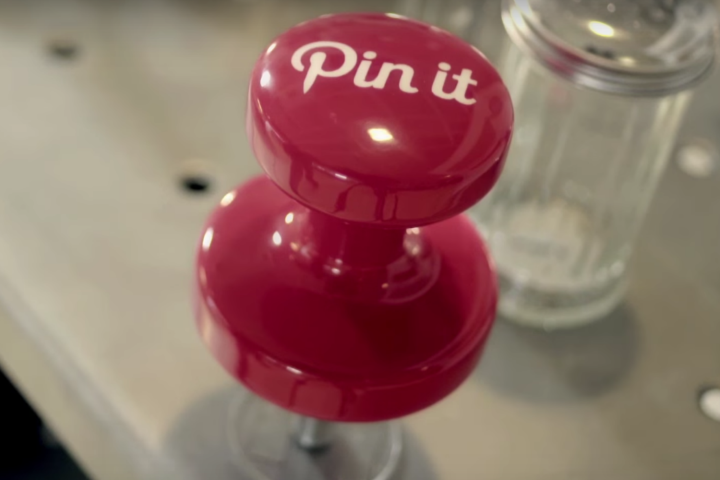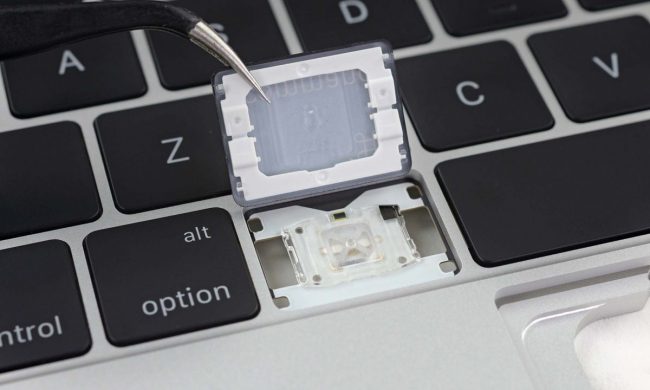
The news comes four years after Fleksy first launched in the iOS store, at the time as a stand-alone app specifically for blind users — of course, third-party keyboards weren’t supported by iOS at the time.
Related: Pinterest just dropped a revamped iOS app that will load 3x faster than before
“We’re excited to join the world-class team at Pinterest, where we’ll continue working on intuitive content- discovery experiences on mobile,” said Kosta Eleftheriou, Fleksy founder and CEO, in a statement. “We’ll be bringing our expertise on both iOS and Android to join Pinterest in developing the most robust, beautiful, and engaging ways to help people discover ideas.”
The jury’s still out on exactly why Pinterest is so interested in a keyboard company. Pinterest isn’t actually acquiring Fleksy’s technology, so it looks like Pinterest is more interested in the people behind the company. Fleksy assures users that its services will continue to be available through the Android and App Store, adding that updates and changes to the app will be minimal. Still, while Pinterest won’t own Fleksy’s tech, it will still likely find a way to use it for search on Pinterest. The team will be working on mobile-focused projects including “growth, core consumer features, and platform infrastructure.”
Financial terms of the deal weren’t disclosed, however, it was revealed that Eleftheriou will be joining the product engineering team of the company. Half of the Fleksy team will be joining Pinterest, with the other half pursuing “opportunities elsewhere.”
Fleksy was started in 2011, and at the time was hailed as a faster, more accurate keyboard with better predictive typing. It competes with keyboards from the likes of SwiftKey, Swype, and so on.



